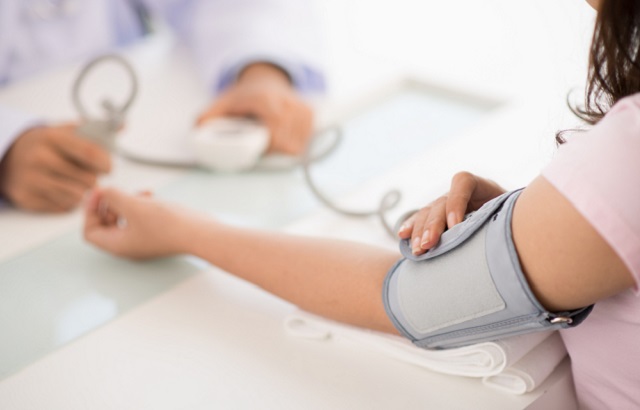
Ten-minute scan to detect and cure the most common cause of high blood pressure



A new 10-minute scan could enable the detection and cure of the most common cause of high blood pressure, according to research we fund at Queen Mary University of London and published in Nature Medicine.

Doctors used a new type of CT scan to light-up tiny ‘growths’ called nodules in a hormone gland after an injection was given to the patients. Revealing which nodules contained the steroid hormone aldosterone meant that they were then able to remove the affected nodules to help cure the individual’s high blood pressure.
Solving 60-year problem
These nodules are discovered in one in 20 people with the condition. The scientists involved say their findings solve a 60-year problem of how to detect the hormone producing growth without a difficult procedure that is only available in a handful of hospitals, and often fails.
They also found that, when combined with a urine test, the scan detects a group of patients who can come off all of their blood pressure medicines after treatment.
A total of 128 people were recruited to the study after doctors found that their high blood pressure was caused by aldosterone. The scan uses a very short-acting dose of a radioactive dye that only sticks to the nodules producing the hormone.
The scan found that in two thirds of patients with elevated levels of aldosterone secretion, the increase was coming from a benign nodule in one of the adrenal glands which can then be safely removed.
Quicker and painless alternative
The scan was as accurate as the old catheter test, but quick, painless and successful in every patient.
Professor Morris Brown, BHF-funded researcher and co-senior author of the study at Queen Mary University of London, said:
“These aldosterone-producing nodules are very small and easily overlooked on a regular CT scan. When they glow for a few minutes after our injection, they are revealed as the obvious cause of hypertension, which can often then be cured. Until now, 99% are never diagnosed because of the difficulty and unavailability of tests. Hopefully this is about to change.”
The research was conducted on patients at Barts Hospital, Cambridge University Hospital and Guy’s and St Thomas’s, and was also funded by the National Institute for Health and Care Research (NIHR), Medical Research Council (MRC) partnership and Barts Charity.

